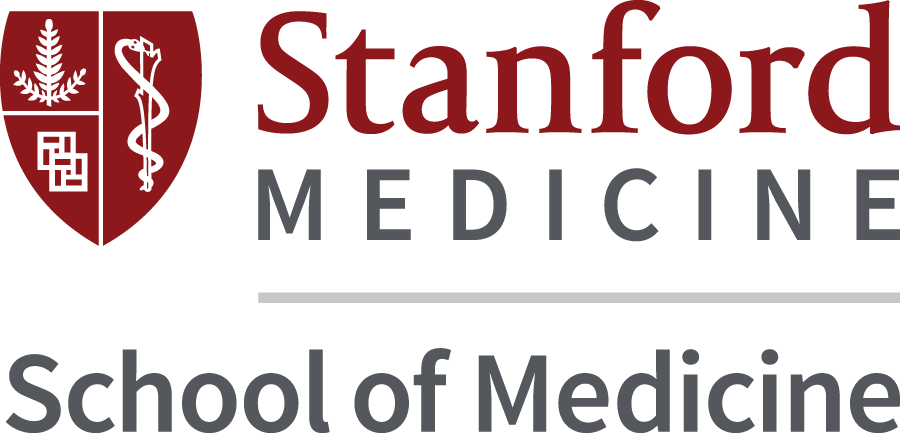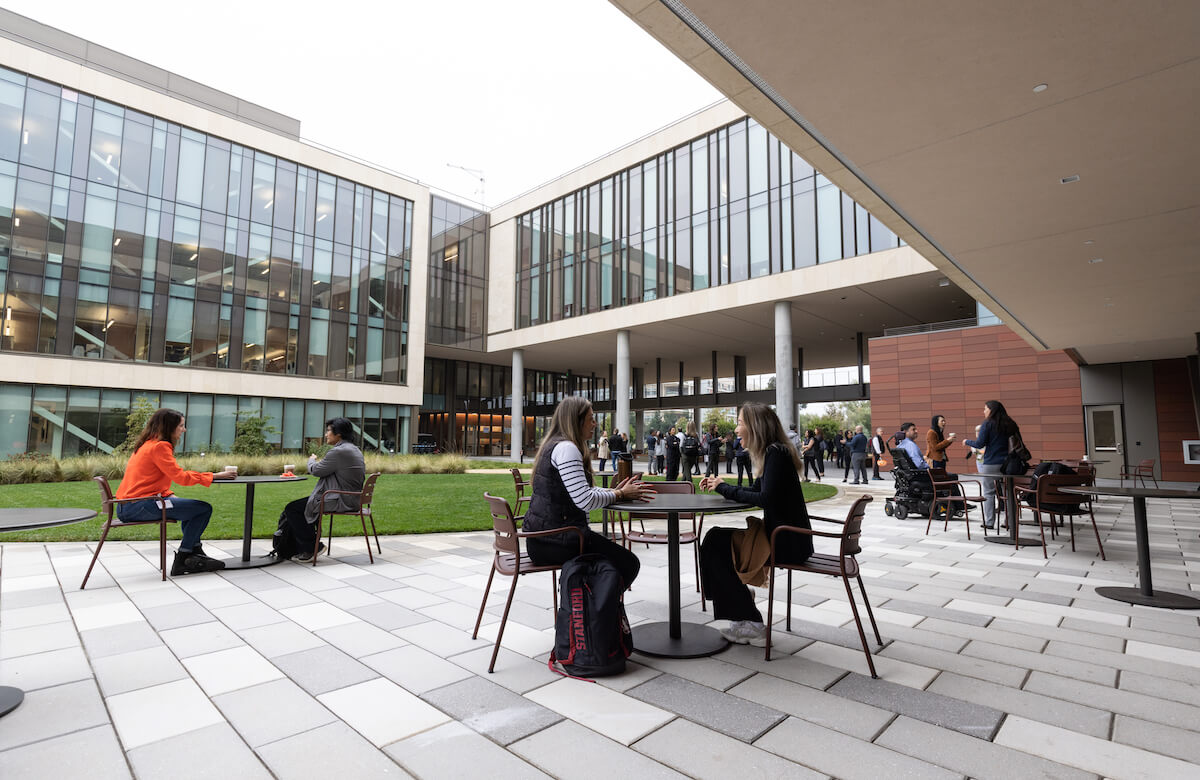Begin your journey with us – join our Early Career Talent Program! Apply today for Early Career Talent Program (Opens in new window)
Research
Life Science Research Professional 2
The Bassik Lab at Stanford University (http://bassiklab.stanford.edu) is seeking a Life Science Research Professional2 to be an integral member of a research team that is developing novel genetic tools, including ultracomplex CRISPR/Cas9 libraries, to conduct genetic screens in a range of medically relevant areas, such as cancer, neurodegeneration and infectious disease. The goal of this work is to understand (1) the biology of cancer development and identify novel therapeutic drug targets, as well as to (2) understand how macrophage cells of the immune system recognize and destroy pathogens ranging from protein aggregates to tumor cells. Candidate must be willing to work in a research team, be organized, enjoy problem solving, and have strong communication skills. This is a fantastic opportunity for a motivated, creative, and reliable person to participate in highly collaborative, cutting-edge research at the forefront of modern biology, with real world applications to develop new therapeutics to improve human health.
Responsibilities include cell culture and maintenance of human cell lines, basic molecular biology (PCR, cloning, running DNA and protein gels), flow cytometry, preparation of samples for deep sequencing, confocal microscopy, basic statistical calculations, and other duties as assigned. The LSRP will be expected to work closely with the PI to develop protocols, interpret and analyze the results of experiments, and suggest modifications to procedures as appropriate. The position includes lab management tasks such as ordering supplies, maintaining lab records, and adhering to safety regulations. The LSRP is expected to keep abreast of scientific literature and contribute new ideas and techniques to the lab, as well as attend lab meetings and journal clubs. There will be ample opportunity and encouragement for independent scientific development, project development, and paper writing for highly motivated candidates.
Duties include:
- Independently conduct a portion of the research project(s). Make recommendations on experimental design and/or research direction to principal investigator.
- Independently conduct complex (lab and/or field) experiments to gather data for a portion of a major research project.
- Interpret and analyze results, often where few guidelines exist, and make modifications to existing procedures and protocols.
- Develop new research protocols where appropriate protocols are not described in the literature or where modification or adaptation of standard procedures and protocols is required.
- Participate in multidisciplinary teams across different faculties or schools.
- Perform ongoing literature review to remain current with new procedures and related research; apply to ongoing research and development of new protocols.
- Contribute substantively to the preparation of papers for publication, especially in the results section, and to publication of findings. Present ongoing work to colleagues and/or academic conferences.
- Oversee supply and equipment budget under supervision of principal investigator or business manager.
- Work with health and safety department to ensure lab complies with regulations and all required trainings.
- Supervise (either formally or informally) staff or students as needed, including oversight and direction on techniques, as well as consultation on project work. Serve as a technical resource for other research staff.
- Oversee the daily activities of the laboratory including lab maintenance; maintain lab stock, manage chemical inventory and safety records, and provide general lab support as needed. May assist with purchasing laboratory equipment.
*- Other duties may also be assigned.
DESIRED QUALIFICATIONS:
- Bachelor's degree in Biology, Bioengineering, Genetics, Biochemistry, Molecular Biology, or related scientific field is desired.
- Proficiency with basic molecular biology techniques, such as gel electrophoresis, PCR, and recombinant DNA techniques
- Experience with mammalian tissue culture techniques
- Meticulous record keeping and organizational skills
- Experience with high throughput sequencing methods and sample preparation, fluorescence microscopy, flow cytometry, lentivirus handling, and computer programming.
- Experience with single-cell sequencing
EDUCATION & EXPERIENCE (REQUIRED): Bachelor's degree in related scientific field and two years of relevant work experience; or Master’s degree in a related scientific field.
KNOWLEDGE, SKILLS AND ABILITIES (REQUIRED):
- Comprehensive understanding of scientific principles.
- General computer skills and ability to quickly learn and master computer programs, databases, and scientific applications.
- Strong analytical skills and excellent judgment.
- Ability to maintain detailed records of experiments and outcomes.
- Ability to work under deadlines with general guidance is essential.
- Excellent organizational skills and demonstrated ability to accurately complete detailed work.
PHYSICAL REQUIREMENTS*:
- Frequently stand, walk, twist, bend, stoop, squat, grasp lightly, use fine manipulation, grasp forcefully, perform desk-based computer tasks, use telephone, write by hand, lift, carry, push and pull objects weighing over 40 pounds.
- Occasionally sit, kneel, crawl, reach and work above shoulders, sort and file paperwork or parts.
- Rarely climb, scrub, and mix or operate hand and foot controls.
- Must have correctible vision to perform duties of the job.
- Ability to bend, squat, kneel, stand, reach above shoulder level, and move on hard surfaces for up to eight hours.
- Ability to lift heavy objects weighing up to 50 pounds.
- Ability to work in a dusty, dirty, and odorous environment.
- Position may require repetitive motion.
*- Consistent with its obligations under the law, the University will provide reasonable accommodation to any employee with a disability who requires accommodation to perform the essential functions of his or her job.
WORKING CONDITIONS:
- May require working in close proximity to blood borne pathogens.
- Position may at times require the employee to work with or be in areas where hazardous materials and/or infectious diseases are present.
- Employee must perform tasks that require the use of personal protective equipment, such as safety glasses and shoes, protective clothing and gloves, and possibly a respirator.
- May require extended or unusual work hours based on research requirements and business needs.
WORK STANDARDS (from JDL):
- Interpersonal Skills: Demonstrates the ability to work well with Stanford colleagues and clients and with external organizations.
- Promote Culture of Safety: Demonstrates commitment to personal responsibility and value for safety; communicates safety concerns; uses and promotes safe behaviors bases on training and lessons learned.
- Subject to and expected to comply with all applicable University policies and procedures, including but not limited to the personnel policies and other policies found in the University’s Administrative Guide, http://adminguide.stanford.edu.
Similar jobs
- Research Department Clinical Research Manager Stanford, California
- Research Life Science Research Professional 1 Stanford, California
- Research Assistant Clinical Research Coordinator (Hybrid) Stanford, California
About the Location
Find out what it’s like to live and work in Stanford, California.
Start exploringFind your Fit
Jobs For You
- Research Department Clinical Research Manager Stanford, California
- Research Life Science Research Professional 1 Stanford, California
- Research Assistant Clinical Research Coordinator (Hybrid) Stanford, California
No Recently Viewed Jobs.
No Jobs Saved.

